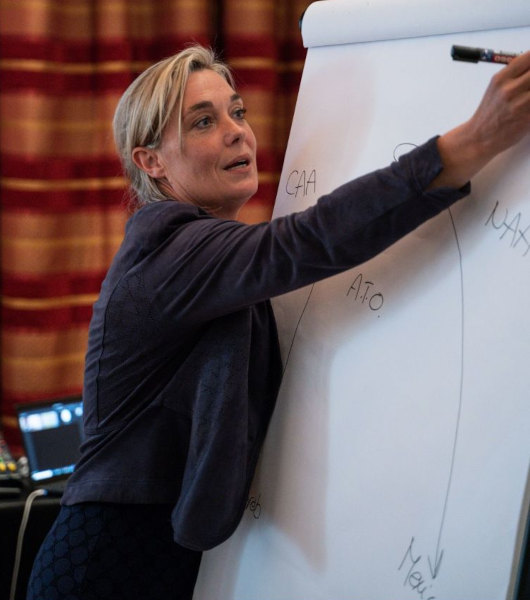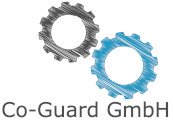Safety Management & Performance - Human Factors in Aviation Maintenance
All CoG training is aimed to work safely, comfortably and confidently. A classic approach to solve organisation and individual performance issues with more rules, protocols and restrictions, or altering these. In the past two years, we focused on rules and procedures in terms of their use (standardisation), but also their limitations.
In a complex and safe industry, an attempt to solve all (safety) issues with (changing) procedures is time consuming and often ineffective. At the same time, standardisation is the first and an important safety strategy where they do not exist or fail. Our training works on both sides towards striking a balance.
Our classic safety approaches created the unwanted and unforeseen side-effect of a so-called blame-culture. A strong embedded tendency to find ‘a’ responsible when unwanted outcomes have arisen, have lead to common misunderstandings about blame, responsibility, guilt and accountability. We support to unravel such patterns and accommodate a constructive, psychological safe and just working environment.

From the classic Human Factors we have focused on decision making as making the ‘right’ decisions. This is (unfortunately) an impossible task, though the good news is that we (humans) are pretty good at it. Though not perfect.
Decision making is linked to responsibility, learning as well as organizational learning. To do this, some safety myths and habits are addressed and other options introduced.
Overall, we aim to support organisations on their developments towards ‘Resilience’. Resilience or Safety II has recently been added by EASA to be included in OPS training. Though not required (yet) for maintenance, very relevant in the context of the challenges and opportunities we have today, also in the P145.
One of the ‘aha’ effects for me (and so far with people who were trained before) is that we can learn from success as well. In an industry with a very high reliability and safety record and an intense focus on reduction of risk, success is often taken for granted, without knowing how we did something (successfully). This is a missed opportunity for maintaining and possibly improving successful operations. One question that may pop up is ‘how do we define success?’
All the trainings are interactive. That means: discussion, interaction, workshops. All are involved and present (no laptops). All training is tailor made, so any requests/ ideas are welcome and up for consideration.
